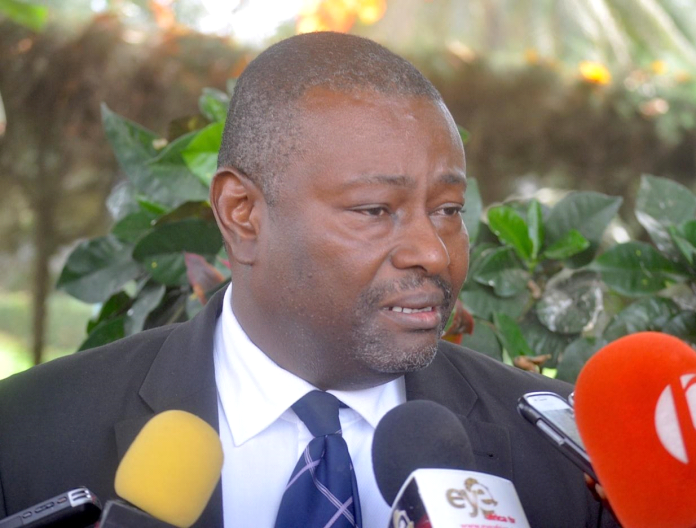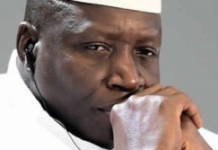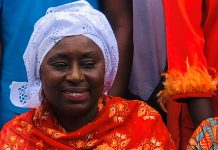By Makutu Manneh
Emmanuel Daniel Joof, the Chairperson of the National Human Rights Commission (NHRC), said the empowerment of Gambian women and girls should be the debate and not repealing the law banning FGM.
“The law prohibiting FGM should stay and I think what we should be looking at is how we are going to empower Gambian women and girls. I think that should be the debate and not FGM. FGM is a health hazard to girls and women and it is performed on children who do not have a choice,” Mr Joof said, adding that the National Assembly Members are supposed to be the guardians of human rights and the rule of law.
He said when a law comes before them, they should always make sure that human rights are streamlined. He equally mentioned that it is also the duty of the state to respect, protect, fulfill and prevent the harm of children and women.
Mr. Joof said a lot of campaign and studies have been done to criminalise FGM as it was not banned just like that. He said it is shocking that a private member’s bill is emanating and setting them back after all the gains they have made on the issue of FGM.
“National Assembly Members should be the protectors of human rights and the rule of law and our women, because they have supervisory jurisdiction over us. The banning of FGM is evidence base,” he added.
The NHRC Chairperson continued to say that it is easy for people to say it is their culture, but they should know that culture is dynamic and any culture that affects the health of its citizens cannot stand the test of time. He gave examples of when twins and albinos were being killed with the belief that they bring bad luck to a family.
Chairperson Joof said there is danger of taking the bill seeking to repeal the FGM law to the committee stage of the National Assembly because it will soon start a debate on its medicalization. He added that the Maputo Protocol (the regional protocol of Africa) made it clear that FGM is not only a harmful traditional practice, but that it should not be medicalized or para-medicalized. He continued to say that these issues are clear and he thinks that somebody should say it as it is.





















